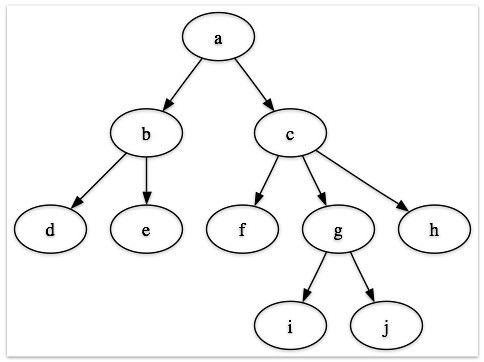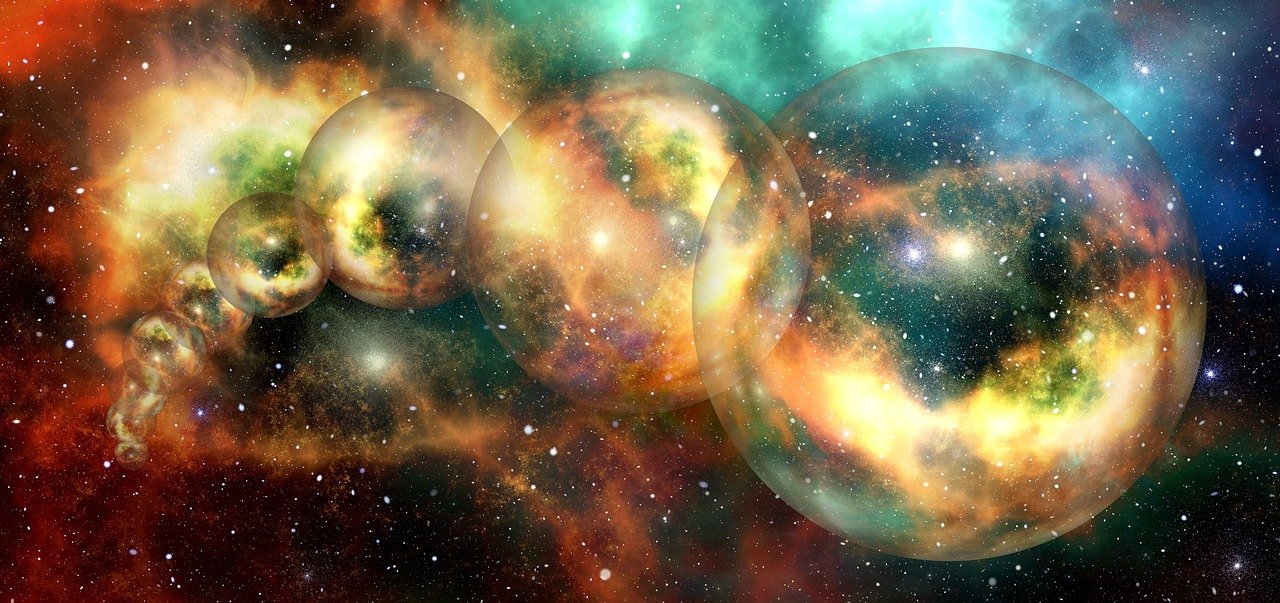Someone approaches you and asks you on a date. You’re nervous, but you answer with a “yes”. Meanwhile, another you says “no”. Regardless, you just created two different universes. Wait, what do I mean by “another you”?
The Many-Worlds Interpretation (MWI) hypothesizes that for every observation of one state or outcome, there exists a separate world, or worlds, in which a different outcome becomes that separate world’s reality. Therefore, whenever an experiment with multiple different outcomes is conducted, we have achieved all possible outcomes. Each of those outcomes creates a new universe. This hypothesis was stated by theoretical physicist Sean Carroll in his 2019 book, Something Deeply Hidden. Note that this is an interpretation, not a comprehensive theory. Consequently, there are multiple interpretations from different individuals (which is both ironic and analogous to the topic). The interpretation I have defined above is what I will be discussing.

A decision/state branches into different quantum outcomes.
Source: Flickr
Why Are There “Infinite” Universes?
We accomplish several tasks during the day. Even the smallest outcomes matter. For example, when we style our hair in the morning, every single hair placement can create another universe. Every step you take or do not take creates universes. Now consider that there are also billions of other people in our world that are, themselves, creating universes with their outcomes. On a smaller scale, even the particles in our world interact differently from one another. The Second Law of Thermodynamics states that entropy, which is a measure of disorder, increases in an isolated system. A relevant example of an isolated system is one universe. Essentially, the natural order is disorder. An example may be two particles colliding together at various possible angles, with each angle forming a universe. Further abstraction can postulate that particles interacting with other particles differently can cause different behaviours that create different universes. An example of this would be matter acting like waves or particles. These outcomes lead to what can only be considered as an infinite number of universes.

Source: Science & Cocktails
So When Can I Meet These Other “Mes”?
Unfortunately, you currently cannot. The new universes that we constantly create cannot intersect with our own, meaning that we only observe the outcome that we see in our world. Assuming these universes physically exist, research conducted by theoretical physicist Alexander Vilenkin suggests that different universes are in their own bubbles. These bubbles never intersect because they continue to expand faster than the speed of light, which is faster than we can travel. This means that the MWI is currently neither observable nor falsifiable. In other words, it cannot be proven nor disproven. Hence, it is an interpretation rather than a concrete theory.

Bubbles That Contain Different Universes
Source: Pixabay
Do Our Decisions Really Matter?
For every decision that we make, no matter how minute it may seem, there exists another us that makes the exact opposite decision. If all outcomes are achieved in the MWI, is there any weight to the decisions that we make? While this is an interesting argument, the MWI is not currently falsifiable. Overall, we should continue making decisions that are unique to us while being open-minded about the possibility that we are creating many universes.
~ Bill Yang

One response to “Everyday, You Create Infinite Universes”